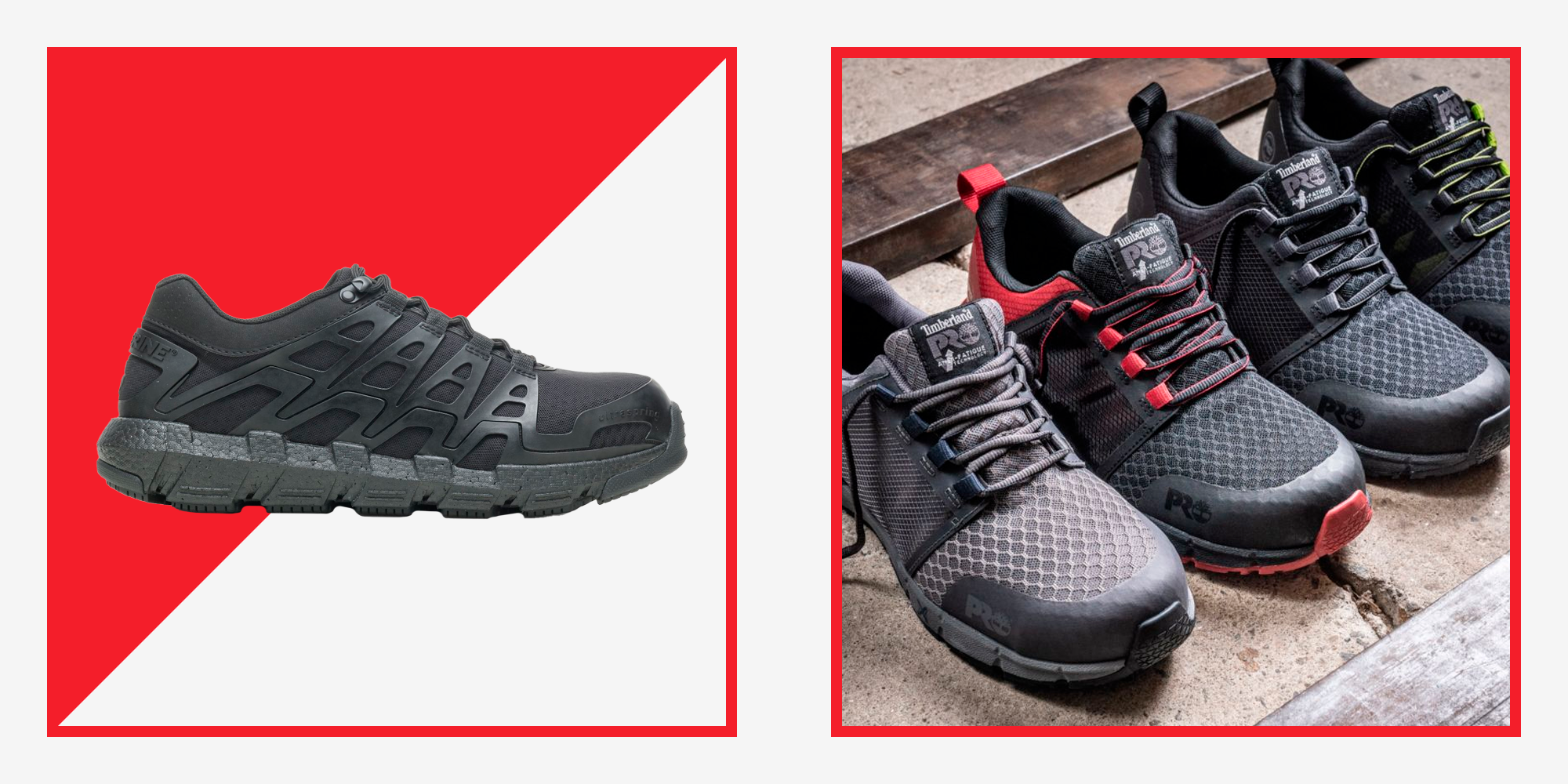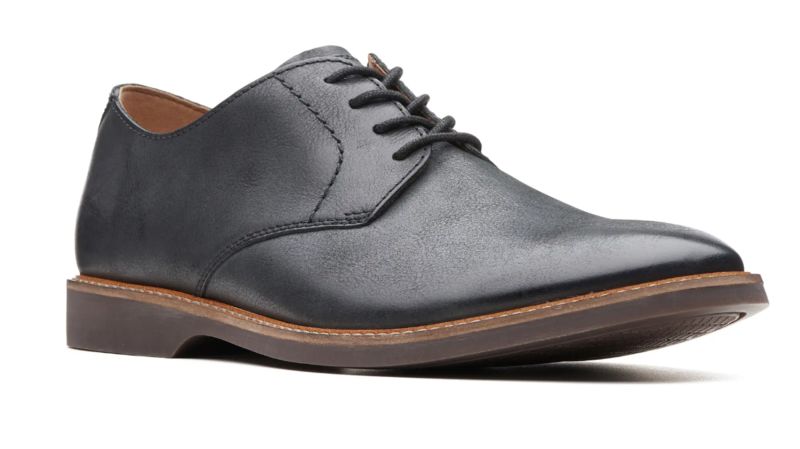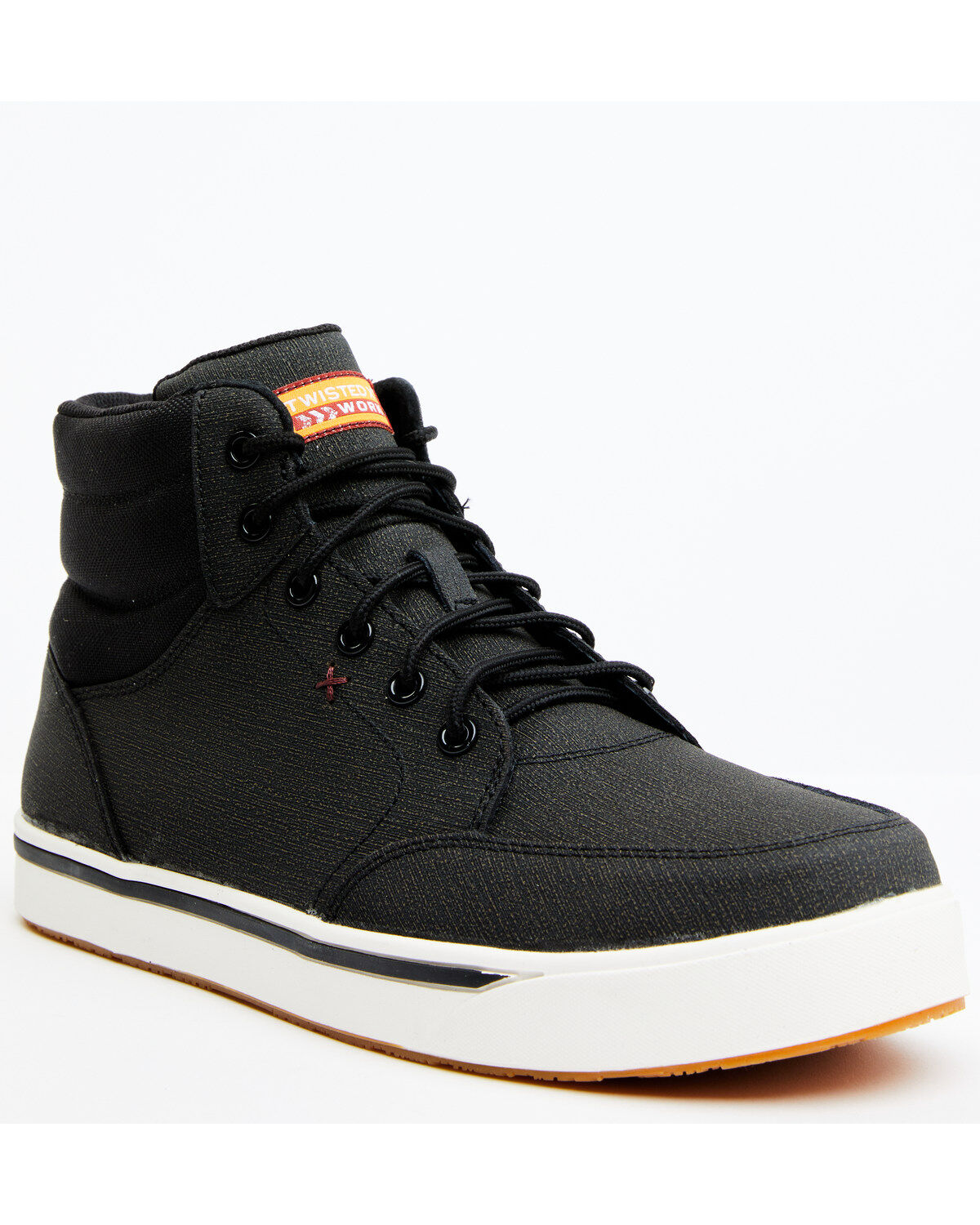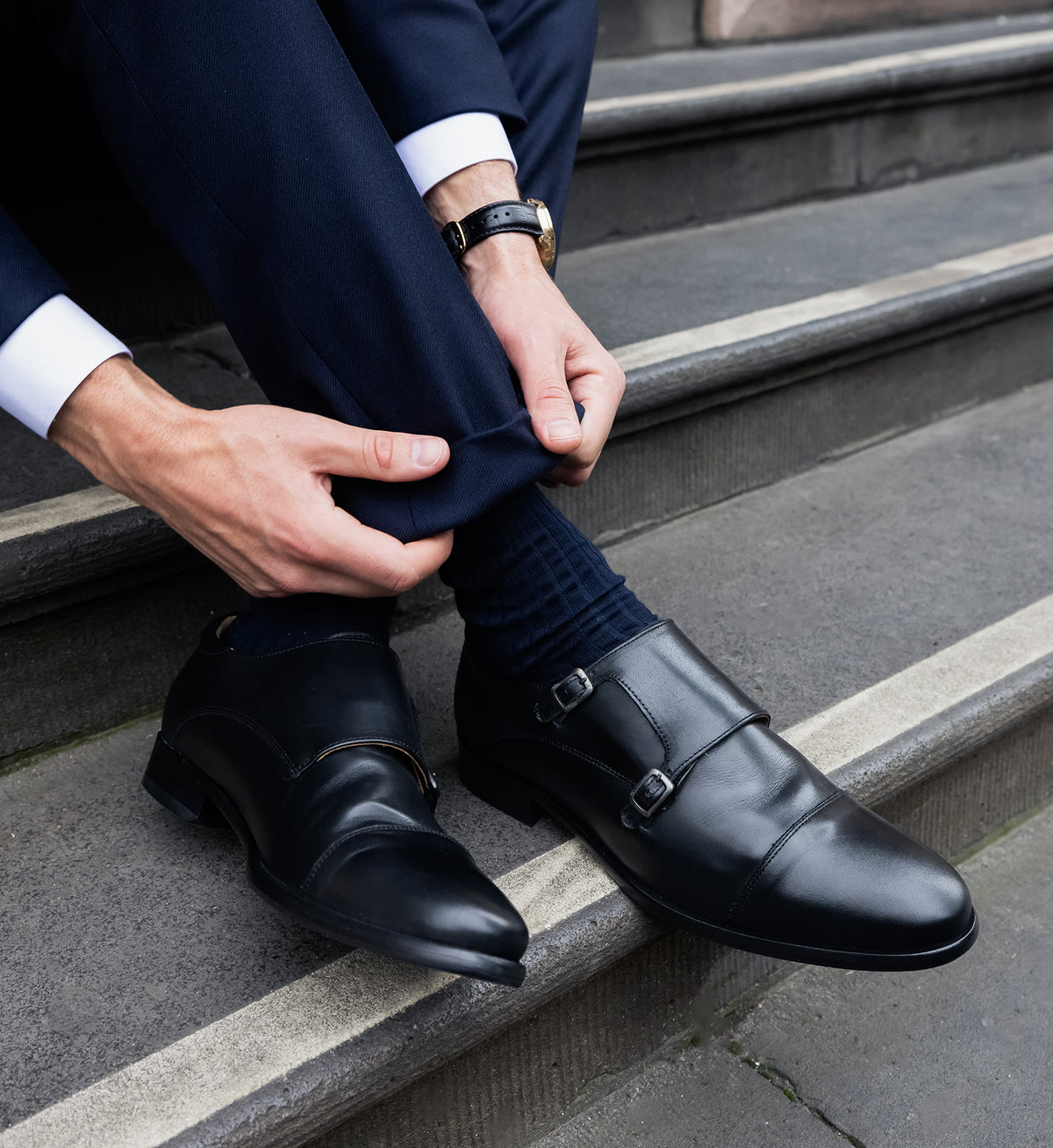Finding the right work shoes for men can truly change your day-to-day comfort and productivity. In environments where you’re on your feet for long hours, the importance of proper footwear can’t be overstated. This comprehensive guide dives deep into the best work shoes available in the U.S. market, focusing on comfort, durability, style, and safety features. It’s designed for shoe enthusiasts, fashion lovers, footwear professionals, and business owners.
Understanding the Importance of Choosing the Right Work Shoes
Work shoes serve multiple purposes. They provide essential support for your feet, which is crucial if your job involves standing or walking for long periods. Poor footwear can lead to a host of issues, including foot pain, back problems, and even long-term injuries. A study from the American Podiatric Medical Association indicates that 75% of Americans will experience foot health issues at some point in their lives, highlighting the importance of investing in good work shoes.
Key Features to Look for in Work Shoes
Comfort
Comfort should be your top priority when selecting work shoes. Look for cushioned insoles and breathable materials that allow for airflow. Many brands offer shoes with gel or foam cushioning, which help absorb shock during long hours of standing or walking.
Durability
Your work shoes need to withstand daily wear and tear. Choose materials known for their longevity, such as leather or high-quality synthetic materials. Additionally, check for reinforced stitching and reliable soles.

Safety Features
Safety should not be overlooked, especially if you work in hazardous conditions. Steel-toed shoes, slip-resistant soles, and electrical hazard protection are vital features to consider.
Style
While functionality is key, style also plays a significant role. Many modern work shoes blend functionality with contemporary designs, allowing you to look professional without sacrificing comfort.

Top Brands of Work Shoes for Men
1. Red Wing Shoes
Red Wing has been synonymous with durability and craftsmanship in the U.S. work footwear market since 1905. Known for their steel-toed options, their shoes are ideal for those in construction and manufacturing. They offer a variety of options that cater to different needs, such as slip-resistance and waterproof models.
Pros and Cons of Red Wing Shoes
| Pros | Cons |
|---|---|
| Durable materials | Higher price point |
| Stylish designs | Requires a break-in period |
| Variety of safety features | Heavyweight options |
__23904.1667081480.jpg)
2. Skechers Work
Skechers has gained popularity for its comfortable and lightweight work shoes. Their slip-resistant technology makes them a favorite among professionals in the food service and healthcare industries.
Pros and Cons of Skechers Work
| Pros | Cons |
|---|---|
| Affordable pricing | Less durable than higher-end brands |
| Good for those with wider feet | Limited steel-toe options |
| Lightweight and comfortable | Style may not appeal to everyone |

3. Caterpillar
Caterpillar has established itself as a major player in rugged work shoes. Their collection features heavy-duty footwear designed for tough environments, ideal for construction workers and tradespeople.
Pros and Cons of Caterpillar Shoes
| Pros | Cons |
|---|---|
| Superior traction | Bulky design |
| Heavy-duty protection | Expensive options |
| Waterproof models available | May feel stiff initially |

4. Timberland PRO
Timberland PRO combines style with function, making their work shoes popular among professionals and fashion enthusiasts alike. Their anti-fatigue technology is particularly beneficial for those who spend long hours on their feet.
Pros and Cons of Timberland PRO
| Pros | Cons |
|---|---|
| Stylish and versatile | Can be pricey |
| Excellent comfort technology | Sizes may run small |
| Eco-friendly materials available | Not as durable in extreme conditions |

Case Studies: Real-world Experiences with Work Shoes
Case Study 1: Construction Worker’s Perspective
John, a construction worker in New York, shares his experience with Red Wing Shoes. “I’ve always relied on Red Wing for their durability. I work long hours, often in varying conditions, and their steel-toe boots not only protect my feet but also keep me comfortable throughout the day. Initially, they felt a bit tight, but after a week of breaking them in, they fit perfectly.”

Case Study 2: Healthcare Professional’s Choice
Lisa, a nurse from California, recommends Skechers Work for her day-to-day shifts. “I’m on my feet for 12-hour shifts, and I’ve tried many brands. Skechers are lightweight and provide ample cushioning. They make a huge difference, especially after the first few hours when other shoes would begin to hurt my feet.”
Case Study 3: Restaurant Manager’s Feedback
Mark, a restaurant manager in Chicago, shares his thoughts on Timberland PRO. “I needed shoes that could look professional while being practical for the kitchen. Timberland PRO not only supports me during long shifts but also looks smart enough for front-of-house shifts. Plus, they’re easy to clean!”

How to Choose the Right Size and Fit
Measure Your Feet Regularly
Foot size can change over time due to various factors such as age, weight changes, or health conditions. It’s essential to measure your feet every time you’re buying new shoes, especially work shoes.
Consider Your Usual Sock Thickness
When trying on shoes, consider the socks you typically wear. If you generally opt for thick work socks, make sure to try shoes that accommodate this thickness comfortably.
Try Shoes in the Afternoon
Your feet tend to swell throughout the day. It’s best to try on work shoes in the afternoon when your feet are closest to their largest size to ensure a better fit.
Tips for Care and Maintenance of Work Shoes
Regular Cleaning
Keeping your work shoes clean not only improves their appearance but also extends their lifespan. Regularly wipe down the exterior and use appropriate cleaning solutions based on the material.
Proper Storage
How you store your shoes can affect their shape and longevity. Avoid leaving them in areas of extreme temperature or humidity. Store them in a cool, dry place, and use shoe trees to maintain their shape.
Periodic Inspections
Regularly inspect the soles and upper materials of your work shoes. Look for signs of wear and tear, and replace or repair them before they become unsafe to wear.
Comparison Table of Top Work Shoes
| Brand | Type | Safety Features | Price Range |
|---|---|---|---|
| Red Wing | Boots | Steel-toe, waterproof | $200 – $300 |
| Skechers Work | Sneakers | Slip-resistant | $60 – $120 |
| Caterpillar | Boots | Steel-toe, slip-resistant | $150 – $250 |
| Timberland PRO | Sneakers/Boots | Steel-toe, waterproof | $130 – $200 |
FAQ: Work Shoes for Men
1. What types of work shoes are best for standing all day?
Work shoes with good cushioning and support, like those from Skechers Work and Timberland PRO, are excellent for standing all day.
2. How do I clean my work shoes?
Use warm water and mild soap for most materials. For leather shoes, consider using a specialized leather cleaner.
3. Are slip-resistant shoes necessary?
Yes, especially in environments like restaurants or kitchens where spills are common. Shoes from brands like Caterpillar and Skechers Work offer excellent slip resistance.
4. How long should I expect my work shoes to last?
With proper care, most work shoes should last anywhere from 6 months to a few years, depending on usage and material quality.
5. Can I wear my work shoes outside of work?
Absolutely! Many work shoes like those from Timberland PRO and Skechers Work come in stylish designs that can be worn casually.
6. How do I break in new work shoes?
Start by wearing them for short periods at home. Gradually increase the duration to avoid discomfort.
7. What’s the difference between steel-toe and composite-toe shoes?
Steel-toe shoes are made with a steel cap for protection, while composite-toe shoes use lighter materials like Kevlar or carbon fiber, which can be more comfortable.
8. Are there any eco-friendly work shoes?
Yes, brands like Timberland PRO offer eco-friendly options made from sustainable materials.
9. Do all work shoes come with warranty options?
Many reputable brands offer warranties or satisfaction guarantees, so it’s worth checking before purchasing.
10. How do I find the right fit for wide feet?
Look for brands that offer wide sizes, such as Skechers. Ensure you try shoes on with your preferred socks.
11. Where can I purchase work shoes for men nearby?
Local shoe stores, workwear retailers, and large department stores often carry a selection of work shoes. Online platforms like Zappos also offer extensive collections and easy returns.